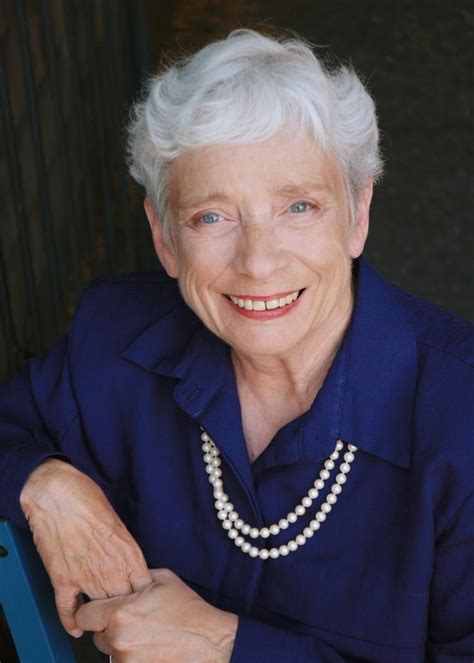A Quote by Michael Haneke
My feeling, however, is that films that are open are more productive for the audience. The films that, if I'm in a cinema, and I'm watching a movie that answers all the questions that it raises, it's a film that bores me. In the same way, if I'm reading a book that doesn't leave me with questions, moving questions, that I feel confronted with, then for me it's a waste of time. I don't want to read a book that simply confirms what I already know.
Related Quotes
Most people believe that great leaders are distinguished by their ability to give compelling answers. This profound book shatters that assumption, showing that the more vital skill is asking the right questions…. Berger poses many fascinating questions, including this one: What if companies had mission questions rather than mission statements? This is a book everyone ought to read—without question.
I won't call my work entertainment. It's exploring. It's asking questions of people, constantly. 'How much do you feel? How much do you know? Are you aware of this? Can you cope with this?' A good movie will ask you questions you don't already know the answers to. Why would I want to make a film about something I already understand?
If someone's lying to us, then it's rare that we know that they're lying to us. It's only in bad films that you recognize immediately that an actor's playing in such a way that you can see that he's lying, and that's simply dumb. But to reach that, it requires that you make a film in such a way that a spectator feels compelled to find his own explanation. You want to lead the spectator to find his own interpretation. To ask questions rather than provide all of the answers. Doing that leads to open endings and open dramaturgy.
I don't like the way most people think. It's imprecise. I find that when parents ask me questions, they ask very imprecise questions. They say, "My kid has behavioral problems at school." Well, I have to say, "What kind of problems? Is he hitting? Is he rude? Does he rock in class?" I need to narrow questions to specifics. I am very pragmatic and intellectual, not emotional. I do get great satisfaction when a parent says, "I read your book, and it really helped me."
You can make a film in a way that, when the audience leaves the theater, they leave with certain answers in their head. But when you leave them with answers, you interrupt the process of thinking. If, instead, you raise questions about the themes and the story, this means that the audience is on its way to start thinking.
I began to ask two questions while I was reading a book that excited me: not only what was going to happen next, but how is this done? How is it that these words on the page make me feel the way I'm feeling? This is the line of inquiry that I think happens in a child's mind, without him even knowing he has aspirations as a writer.
It was amazing to me then, and still is, that so many people who wander into bookshops don't really know what they're after--they only want to look around and hope to see a book that will strike their fancy. And then, being bright enough not to trust the publisher's blurb, they will ask the book clerk the three questions: (1) What is it about? (2) Have you read it? (3) Was it any good?
I do not make films which are prescriptive, and I do not make films that are conclusive. You do not walk out of my films with a clear feeling about what is right and wrong. They're ambivalent. You walk away with work to do. My films are a sort of investigation. They ask questions . . .. Sometimes I hear that some [Hollywood] studio is interested in me. Then they discover that this is the guy who works with no script, that there is no casting discussion, no interference, that I have the final cut, and that does it.
I think as you grow up and you see things which are around you and you ask questions and you hear the answers, your situation becomes more and more of a puzzle. Now, why is it like this, why are things like this and since writing is one way in which one can ask this questions and try to find these answers, it seems to me a very natural thing to do, especially as it meant stories which I always found moving, almost unbearably necessary.




































